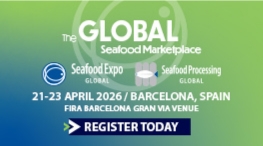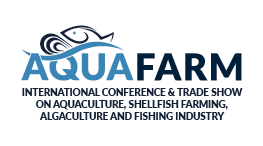This article was featured in Eurofish Magazine 4 2025.
Metro Food Sourcing and GLOBALG.A.P. have reinforced their commitment to responsible aquaculture, showcasing their progress at the Seafood Expo Global 2025 in Barcelona. The event highlighted the effectiveness of the GGN label, a consumer-facing mark of traceability and sustainability, in promoting ethical seafood sourcing and boosting consumer trust. A widely recognised certification standard, GLOBALG.A.P. ensures aquaculture products meet rigorous food safety, environmental, animal welfare, and social responsibility criteria. Its Aquaculture Standard spans the entire production chain, including feed mills, hatcheries, -nurseries, grow-out farms, and post-harvest handling. Complementary certifications, such as GRASP and the Chain of Custody (CoC), further strengthen its assurances by covering workers’ welfare and safeguarding traceability.
The organisation now certifies over three million metric tonnes of aquatic species annually, with Atlantic salmon forming the majority of certified volume. Products bearing the GGN label, derived from GLOBALG.A.P. certified supply chains, are now present in 40 countries and has been linked to a 30% increase in labelled product sales in recent years. Retailers such as Metro Food Sourcing have embraced the GGN label across 19 countries, including Germany, Spain, and Poland. According to József Bárdos, Quality and Sustainable Development Manager at Metro Food Sourcing’s Concarneau Trading Office, the label offers clear traceability and confidence in product origin. At the industry panel, Metro announced its application for CoC certification in Italy to further secure certified status throughout the supply chain. Plans to expand the product range with the -introduction of rainbow trout were also revealed, building on the success of Metro Chef’s salmon and seabass lines.
GLOBALG.A.P.’s standards are recognised by both the Global Sustainable Seafood Initiative (GSSI) and the Global Food Safety Initiative (GFSI), confirming its alignment with top-tier benchmarks. Its Compound Feed Manufacturing (CFM) standard bans the use of ingredients from Illegal, Unreported, and Unregulated (IUU) fisheries, as well as those involving illegal deforestation or species listed in the IUCN red list, supporting responsible feed sourcing. Despite widespread certification, transparency in the aquaculture supply chain remains a challenge, particularly when products pass through intermediaries. GLOBALG.A.P.’s CoC standard -addresses this by ensuring -documentation and separation of certified goods at each stage.
Some critics question whether consumers are willing to pay more for certified products. While surveys indicate interest in sustainable options, price sensitivity often influences buying decisions. However, stakeholders argue that certification can reduce compliance costs and build consumer trust, offering value beyond simple pricing. As legislative demands increase and consumer awareness rises, initiatives like GLOBALG.A.P. and the GGN label are shaping the future of aquaculture. With a growing certified portfolio and expanding international reach, these frameworks are paving the way for more transparent, ethical, and sustainable seafood supply chains.









